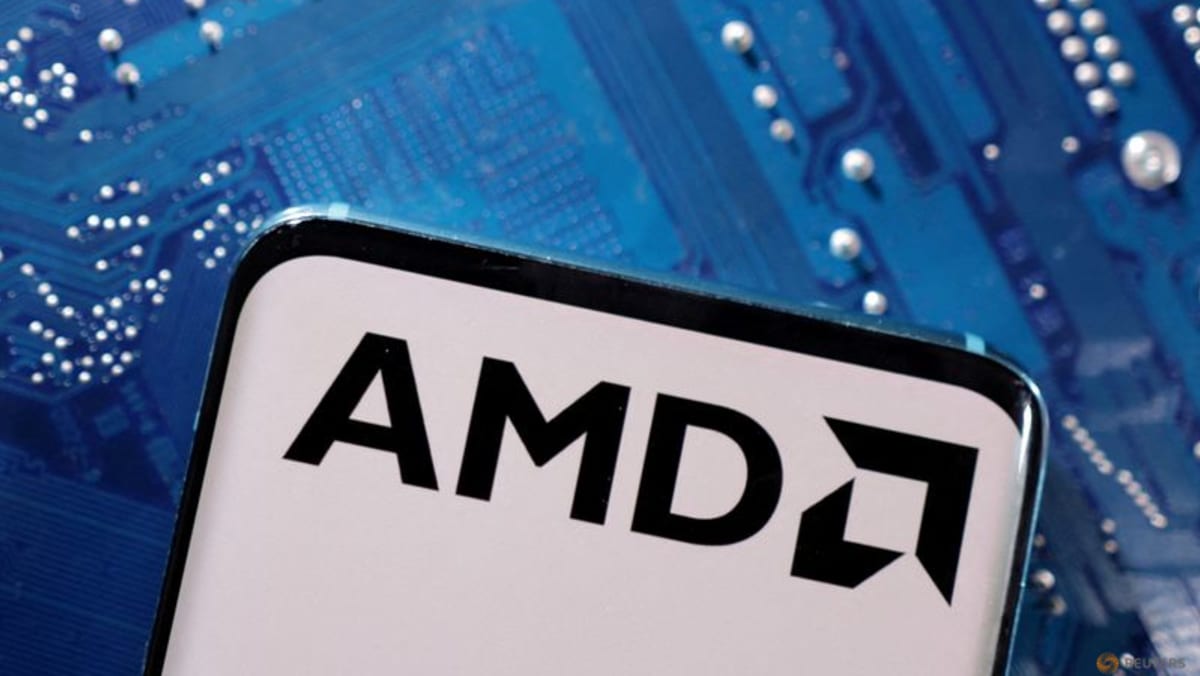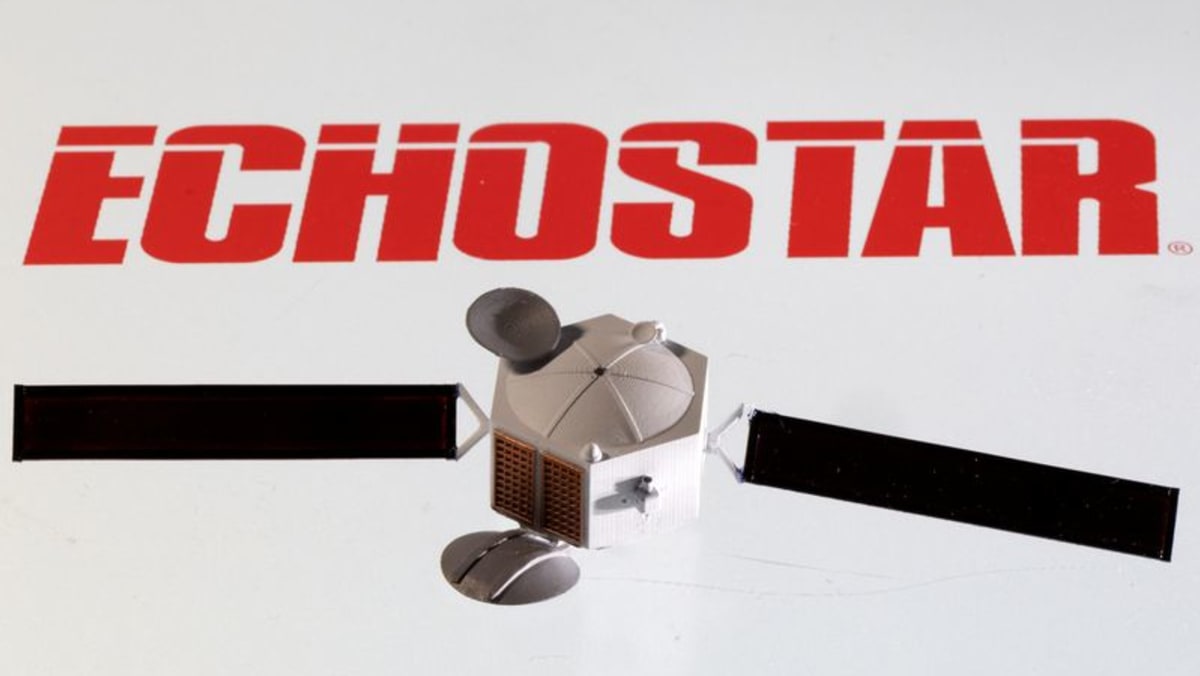SAN JOSE :Advanced Micro Devices has forged close ties to a batch of artificial intelligence startups as part of the company’s effort to bolster its software and forge superior chip designs.
As AI companies seek alternatives to Nvidia’s chips, AMD has begun to expand its plans to build a viable competing line of hardware, acquiring companies such as server maker ZT Systems in its quest to achieve that goal.
But to build a successful line of chips also requires a powerful set of software to efficiently run the programs built by AI developers. AMD has acquired several small software companies in recent weeks in a bid to boost its talent, and it has been working to beef up its set of software, broadly known as ROCm.
“This will be a very thoughtful, deliberate, multi-generational journey for us,” said Vamsi Boppana, senior vice president of AI at AMD.
AMD has committed to improve its ROCm and other software, which is a boon to customers such as AI enterprise startup Cohere, as it results in speedy changes and the addition of new features.
Cohere is focused on building AI models that are tailored for large businesses versus the foundational AI models that companies like OpenAI and others target.
AMD has made important strides in improving its software, Cohere CEO Aidan Gomez said in an interview with Reuters. Changing Cohere’s software to run on AMD chips was a process that previously took weeks and now happens in only “days,” Gomez said.
Gomez declined to disclose exactly how much of Cohere’s software relies on AMD chips but called it a “meaningful segment of our compute base” around the world.
OPENAI INFLUENCE
OpenAI has had significant influence on the design of the forthcoming MI450 series of AI chips, said Forrest Norrod, an executive vice president at AMD.
AMD’s MI400 series of chips will be the basis for a new server called “Helios” that the company plans to release next year. Nvidia too has engineered whole servers in part because AI computations require hundreds or thousands of chips strung together.
OpenAI’s Sam Altman appeared on stage at AMD’s Thursday event in San Jose, and discussed the partnership between the two companies in broad terms.
Norrod said that OpenAI’s requests had a big influence on how AMD designed the MI450 series memory architecture and how the hardware can scale up to thousands of chips necessary to build and run AI applications.
The ChatGPT creator also influenced what kinds of mathematical operations the chips are optimized for.
“(OpenAI) has given us a lot of feedback that, I think, heavily informed our design,” Norrod said.













